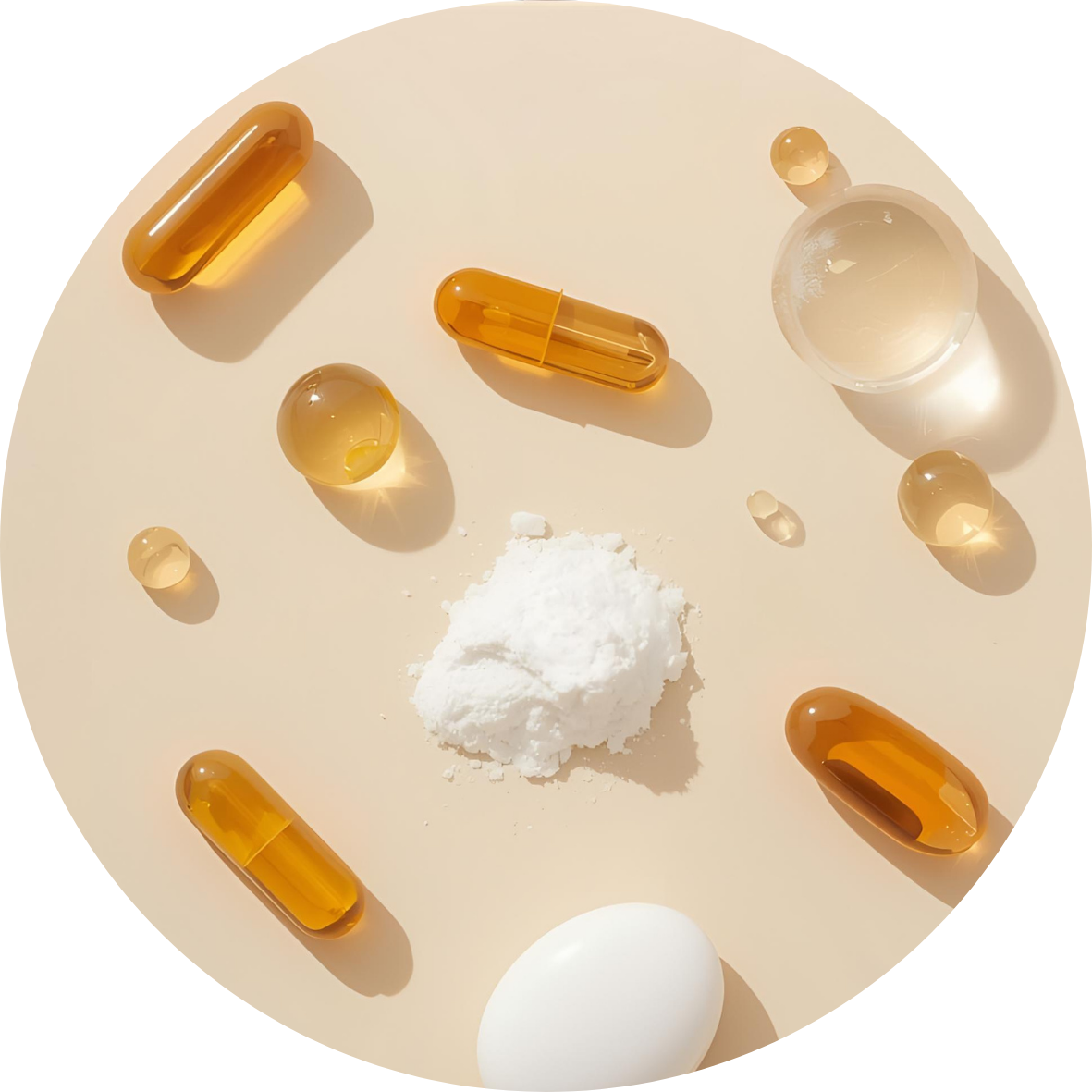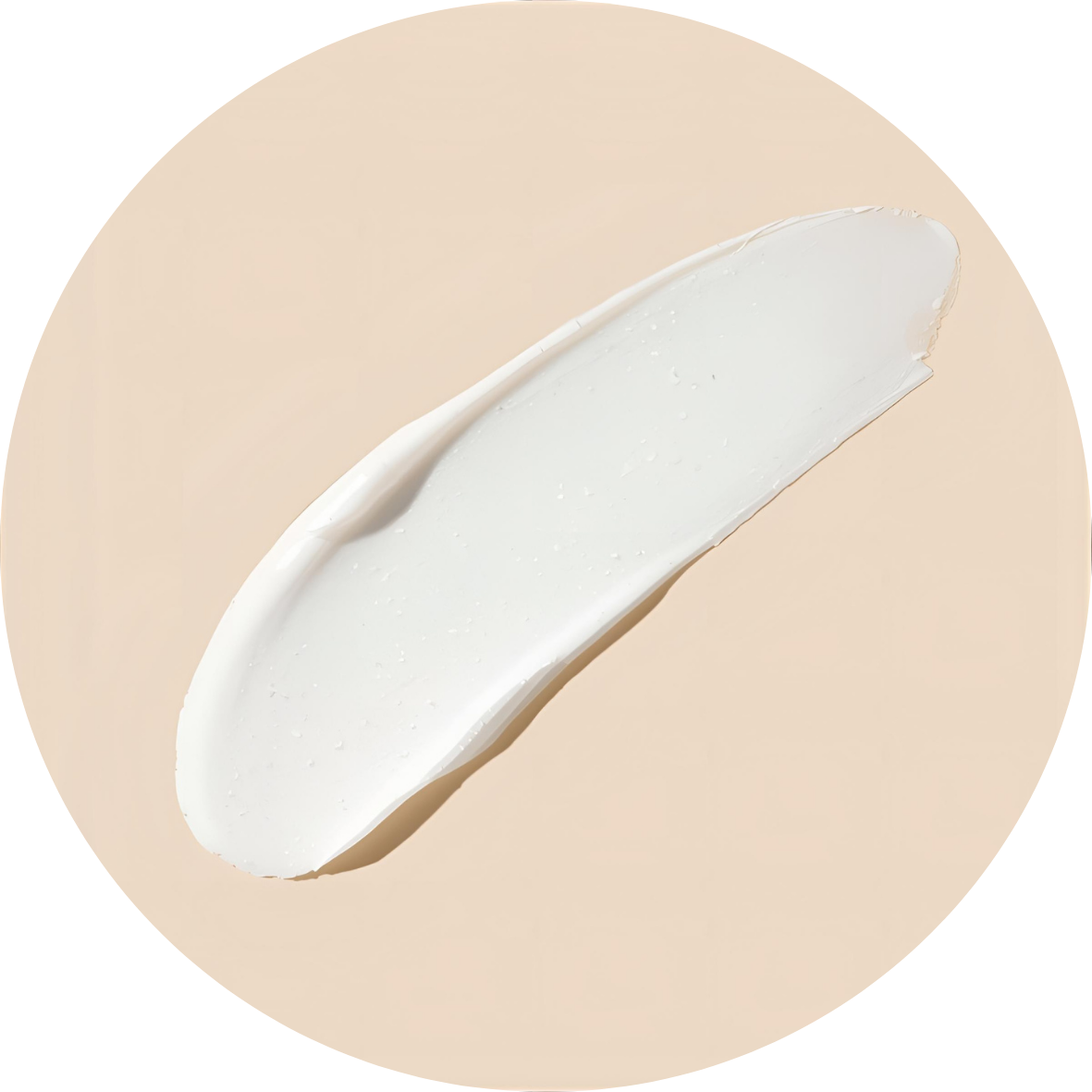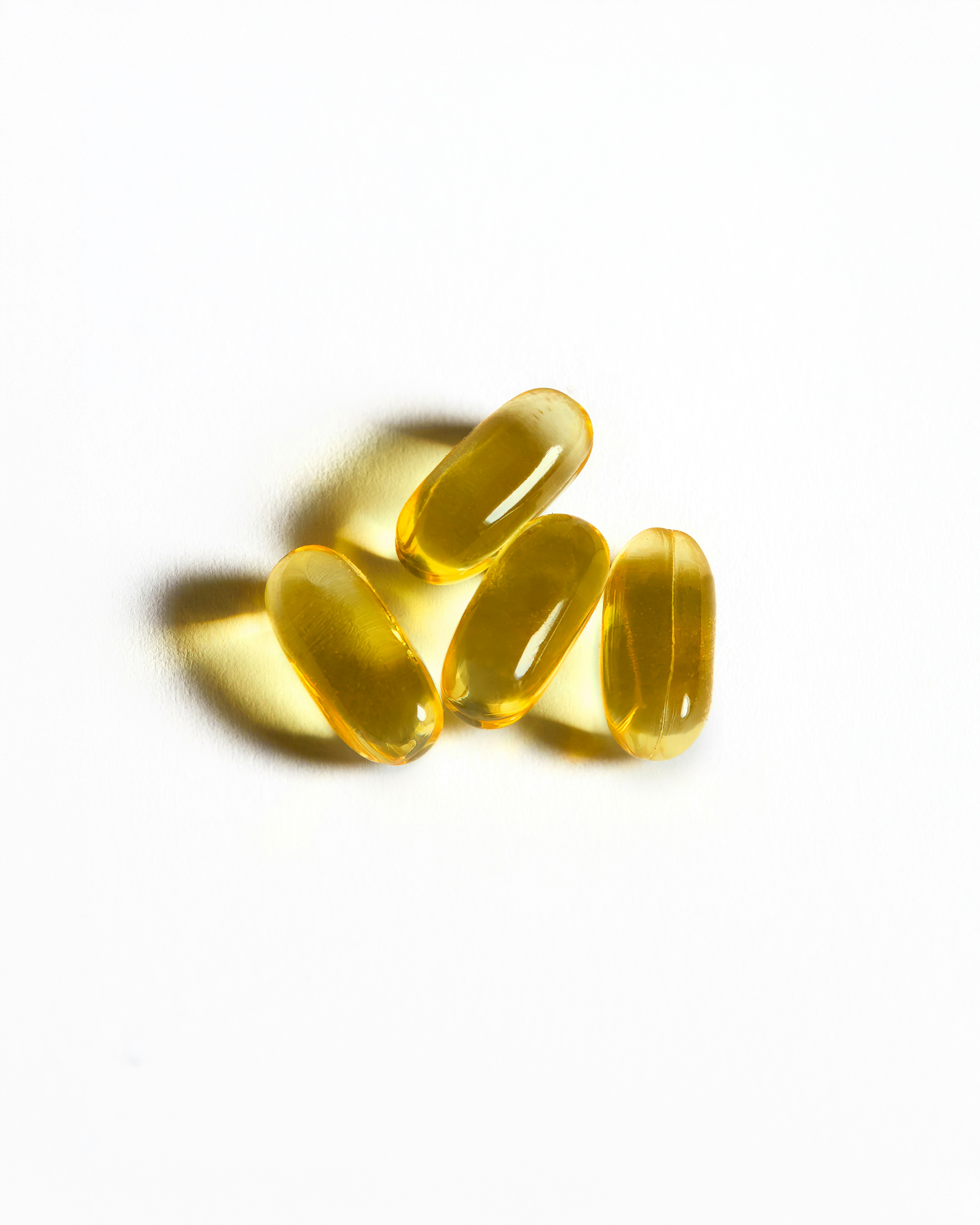
Our love letter to our children.
Two Korean-American sisters.
One a mom to an eczema baby.
The other a PhD skincare scientist and fellow mom.
Song Lab's vision: every person can thrive in their own skin from the very start in life.
Our 5 Core Values
Highest standards for safety
We were surprised to find that even "hypoallergenic" products contain known allergens. So we go beyond industry standards - formulating without ACDS core allergens or food proteins, oils or extracts.
Bring only the best of Korean skincare
We are inspired by the barrier-forward, prevention-first approach of Korean skincare. We use proven Korean hero ingredients, but leave the allergens behind.
Science-first, not trends
Clinical research and science guide every decision for our products, even when its not trendy. Trends have been "natural" - we instead focus on clinically-proven, skin-native ingredients that work with skin's physiology.
Skincare should soothe, not sting.
Skincare works when it's not a fight to apply it. We design our products with gentle, skin-native ingredients and leave out known irritants and 'stingers.'
Build for unique needs of delicate skin
Delicate skin is thinner, more vulnerable, has a developing barrier and can be a sensitization route for food allergies. Early skincare sets foundation for lifelong health and confidence.

Our Philosophy behind the Song Lab Seal

HEROES FROM KOREAN SKINCARE
Proven essential skin vitamins, minerals, NMFs and lipids

ULTRA-HYPOALLERGENIC
Designed to minimize risk of sting, allergy or irritation - above & beyond industry

SCIENCE-BACKED CLEAN
Research-based clean focus on what's natural to skin, not plants
The Allergen Problem in Skincare
Most baby, "clean," and "natural" products contain contact allergens & irritants.
In infants with eczema, food-based skincare (such as oat & nut oils) can increase the risk of food allergy development.
17%
of children develop contact dermatitis (Karim et al., Poster Presentation at AAD 2024)
90%
of top 50 baby moisturizers contain contact allergens (Rick et al., 2023)
94%
of top 50 baby cleansers contain contact allergens (Noveir et al., 2023)
90%
of natural personal care products contain contact allergens (Young et al, 2022)
Our "No" List
Why we are science-backed clean and ultra-hypoallergenic. And, our receipts.
No 80+ American Contact Dermatitis Society Core Allergens
Contact allergens are substances that upon skin contact, triggers an allergic reaction. Known contact allergens are commonly found in baby / kid skincare products, including: fragrance, lanolin, balsam peru, propylene glycol, coamidopropyl betaine, lavender, phenoxyethanol, peppermint. Read the full list here
No food ingredients known to increase risk of food allergies
Studies have shown that regular use of skincare products with food ingredients in people with eczema can lead to the development of a food allergy. We use no food ingredients, including: coconut oil, olive oil, sweet almond oil, macademia nut oil, oats, goat milk, mango extract, etc. Read more on this from Allergy & Anaphylaxis Australia here
No National Eczema Association Exclusion or Avoid Ingredients
Free from any of the National Eczema Association Ecz-clusion List and the NEA list of ingredients to avoid if you have eczema
Chemicals of concern from Campaign for Safe Cosmetics*
*We avoid all of the chemicals of concern called out by the Campaign for Safe Cosmetics (CSC) with one exception: citric acid, which our research has deemed safe in wash-off products when used as a pH adjuster.
We also proudly use European Pharmacopeia grade white petrolatum and white mineral oil, which CSC has called out for having no known safety risks due to being highly properly refined. You can read the full list here.
No ingredients banned by the European Union
The gap between EU and US standards is often exaggerated, as many ingredients on the EU banned list would never be found in a US product (for instance, they put cyanide on the ban list, which would not be found in a US company). But for peace of mind, we do not use skincare and cosmetic ingredients banned by the European Union. You can view the full list here
More Research & Resources



